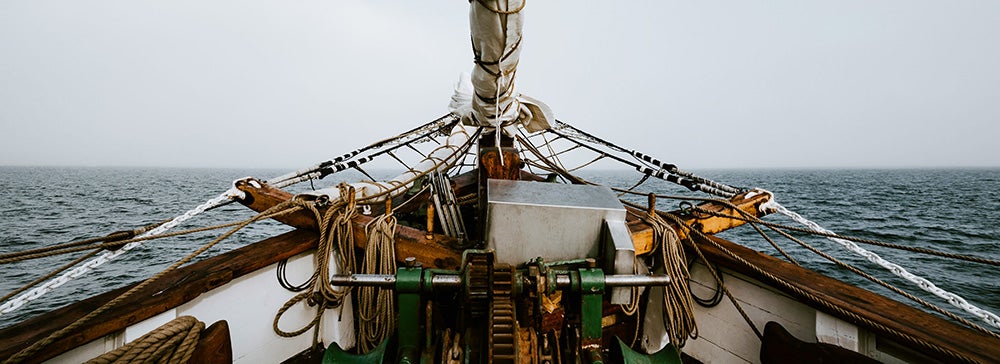
A Top-Line Look at Key Metrics and Events of GSO’s Fiscal Year 2023
Academics
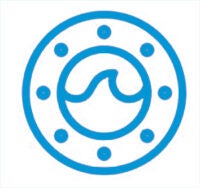 34 faculty, 3 marine research scientists and 11 postdoctoral fellows delivered classroom instruction as well as cruise and laboratory experiences to 102 graduate students.
34 faculty, 3 marine research scientists and 11 postdoctoral fellows delivered classroom instruction as well as cruise and laboratory experiences to 102 graduate students.
11 students were enrolled in the online Master of Oceanography program, including the first six graduates to receive this innovative online professional degree.
Campus Renewal
 Rhode Island voters approved a $100 million bond referendum in November 2022, providing transformational support for the Narragansett Bay Campus including an Ocean Frontiers Building and new ocean engineering facilities.
Rhode Island voters approved a $100 million bond referendum in November 2022, providing transformational support for the Narragansett Bay Campus including an Ocean Frontiers Building and new ocean engineering facilities.
In preparation for the arrival of the new regional class research vessel, Narragansett Dawn, the new pier construction was structurally completed in early 2023.
Public Engagement
 GSO met 23,000 people at public events across Rhode Island, including The Ocean Race stopover in Newport, R.I., a spring public lecture series, and the Ocean View K-12 art competition and exhibition.
GSO met 23,000 people at public events across Rhode Island, including The Ocean Race stopover in Newport, R.I., a spring public lecture series, and the Ocean View K-12 art competition and exhibition.
Students and staff worked with Newport, R.I. 7th graders to build a miniboat. It was launched from R/V Endeavor, then tracked as it gathered air and sea temperature data.
Justice, Equity, Diversity and Inclusion
 Increased recruitment of a diverse ocean science student population to 14%—exceeds the national geosciences average of 7% and up from GSO’s historical 2%.
Increased recruitment of a diverse ocean science student population to 14%—exceeds the national geosciences average of 7% and up from GSO’s historical 2%.
Opened a GSO Student and Wellness Center where students, faculty and staff can have a safe space for prayers, meditation, mental retreat, or quiet time, with a part-time counselor on site.
Funded Research
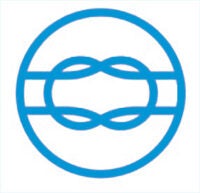 GSO was awarded $71 million in funded research, double the amount received in 2020.
GSO was awarded $71 million in funded research, double the amount received in 2020.
More than 80% of all awards came from the top three project sponsors: National Oceanic and Atmospheric Administration (45.1%), U.S. Agency for International Development (18.9%) and the National Science Foundation (17.3%).
Extraordinary Projects
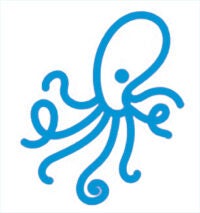 R/V Endeavor, now the oldest-operating research vessel in the UNOLS system, made its 701st cruise in 2023.
R/V Endeavor, now the oldest-operating research vessel in the UNOLS system, made its 701st cruise in 2023.
GSO professor Mingxi Zhou was awarded a National Science Foundation Faculty Early Career Development (CAREER) Program grant for his work to develop robotics technology for Arctic iceberg studies.
In a novel application of satellite data to the coastal resilience challenge of subsidence, Ph.D. student Pei-Chin Wu, with professors Matt Wei and Steve D’Hondt, revealed information that will aid coastal cities in preparing for rising seas.
Since its inception, the Ocean Exploration Cooperative Institute has mapped 447,571 square kilometers of the seafloor—roughly the size of California.
GSO professor Melissa Omand, co-founder of Nereid Biomaterials, received NSF funding to conduct real world tests of scientific instruments made from ocean-degradable plastics.
Alumni Reach
 With the addition of 23 graduates in 2023, the GSO alumni body now comprises 1,038 alumni living in 43 U.S. states and 32 countries.
With the addition of 23 graduates in 2023, the GSO alumni body now comprises 1,038 alumni living in 43 U.S. states and 32 countries.
Charitable Support
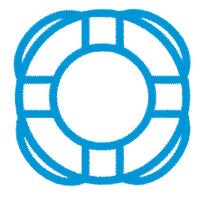 306 donors gave $770,000. Their generosity provided crucial support for GSO students and the teaching and research conducted on campus.
306 donors gave $770,000. Their generosity provided crucial support for GSO students and the teaching and research conducted on campus.
